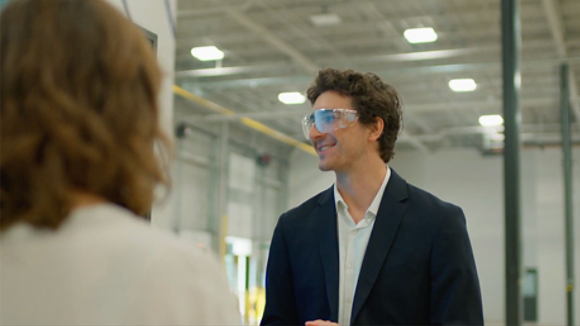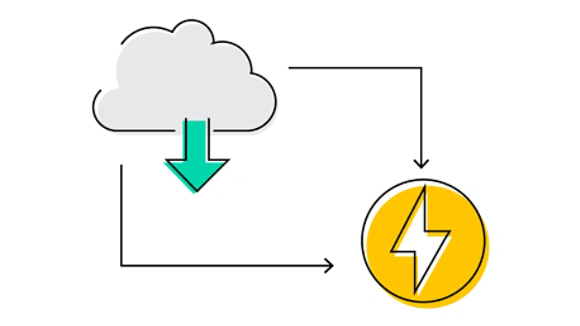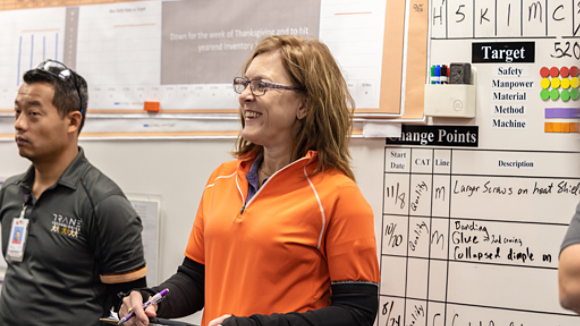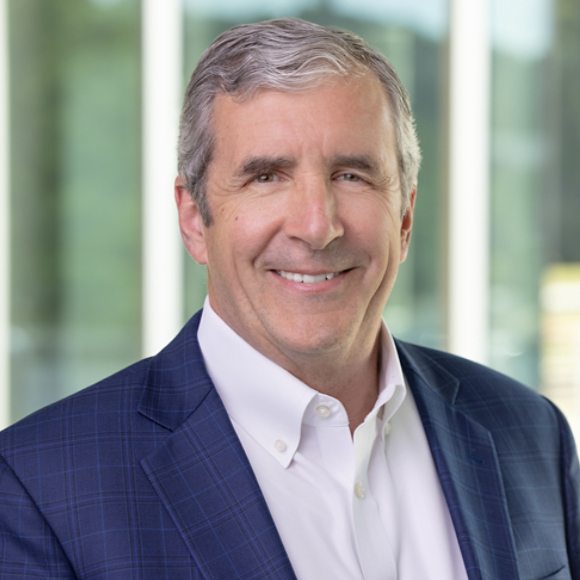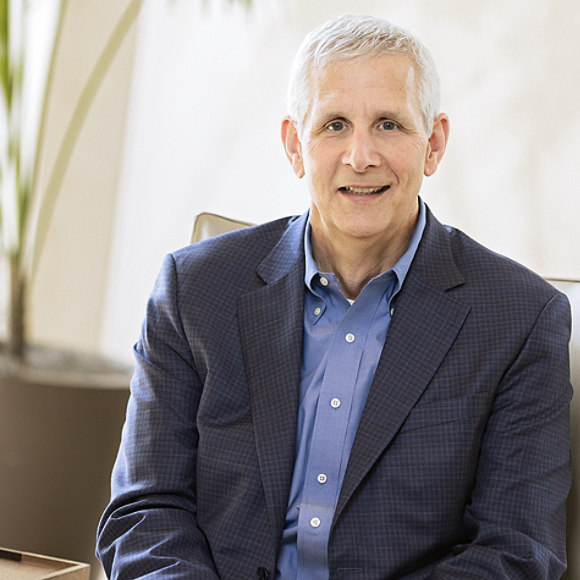September 15, 2025
Remanufacture and Repair: A Decarbonization Accelerator
Our remanufacturing and repair programs give new life to critical assets, turning circularity into cost-savings for our customers and advancing our sustainability commitments.
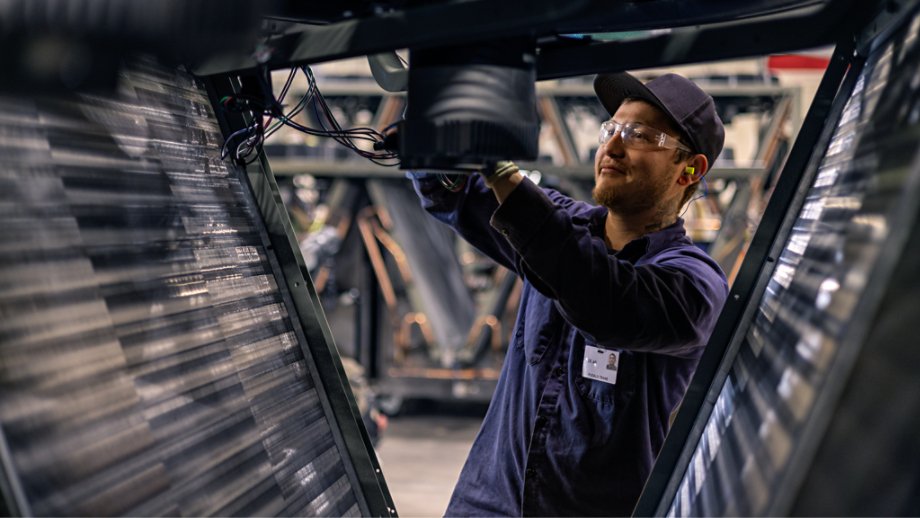
Our circularity practices focus on optimizing resource life. Through processes like sustainable design, resource sharing, reuse, refurbishment and recycling, we reduce our carbon footprint at every step of our value chain.
A pivotal stage of the circularity cycle occurs when equipment is already in the field, performing critical work, day after day. Our remanufacture and repair programs are key levers in that cycle, bringing used products or components back to a like-new condition. These service offerings breathe new life into customer assets, preserving their embedded value by eliminating the need to manufacture and buy new components and cutting carbon at a fraction of the cost.
Circularity in action: Remanufacturing to support decarbonization and business growth
Our remanufacturing and repair operations started almost 50 years ago. They now reach around the world. We restore used parts through a careful process, including disassembly, cleaning, repairing, testing and reassembly. In 2024 alone, our Global Aftermarket teams remanufactured more than 10,000 total components, including compressors, motors, controllers, electronic components, starters and more.
Reducing the need for new units decreases reliance on raw materials and new parts, lowers operating costs for our customers and helps reduce vulnerability to supply chain disruptions. Remanufacturing also improves component availability and reduces customer lead times. As part of the service offering, a remanufactured compressor ships within 24 hours, cutting customer downtime and enhancing after-sales service value to our customers.
Our Thermo King business operates a similar remanufacturing and repair program in the Netherlands, offering remanufactured parts for truck, trailer and marine refrigeration. Through extensive reverse logistics and regional partnerships, the program offers remanufactured alternatives for a wide range of components across our parts portfolio, with new options being regularly added.
While supporting our decarbonization strategy, the program also generates business value. Today, many customers expect manufacturers to have a remanufacturing option. Of Thermo King’s global marine parts revenue, more than 10% is generated by remanufactured parts. And in 2022, when the industry faced a shortage of digital controllers across climate control systems, refurbished alternatives offered a solution for these hard-to-find parts.
With this increasing demand, our businesses have been able to bolster procurement capabilities and turn circularity into a competitive edge for sustainable businesses.
Circularity and environmental stewardship
Our remanufacture and repair efforts underscore a simple truth: the most sustainable (and cost-effective) product is often the one already in use. By preserving high-value components, we advance resource efficiency, reduce new manufacturing demand and create local skilled jobs, all essential components of a sustainable and resilient business model.
Remanufacturing and repair programs like these also support our key decarbonization strategies, playing a direct role in achieving our 2030 Design Systems for Circularity Sustainability Commitments; our Gigaton Challenge to reduce one billion metric tons of carbon emissions from our customers’ footprint; and our commitment to reduce embodied carbon in our products by 40%.
These efforts illustrate how Trane Technologies turns circularity into action, leveraging decarbonization technologies and forward-thinking strategies to support sustainable solutions for our customers. As we improve circularity efforts across our value chain, we create real value. This shows why decarbonization matters for people, profit and the planet.
Learn more about how embracing circularity can drive business value in our series on this topic.
Topic Tags

 English
English

